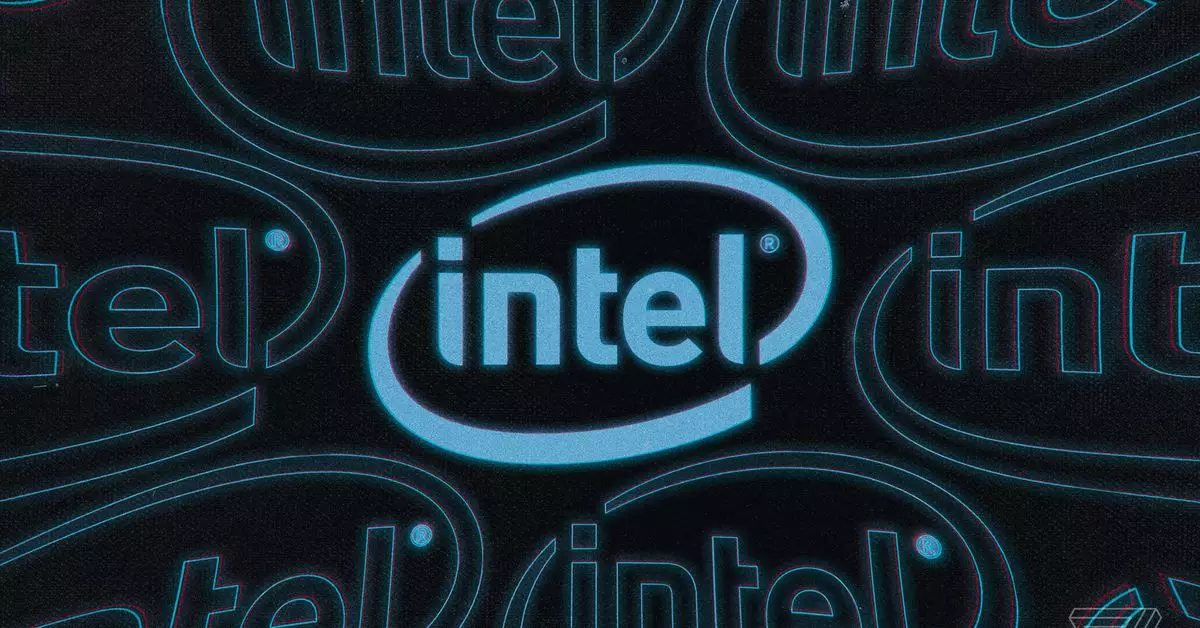In a rapidly evolving tech landscape, Intel’s latest offering, the Arrow Lake-based Core Ultra 9 200S-series processor, has faced a challenging reception, particularly within the gaming community. Since its introduction, reviews have portrayed a somewhat bleak outlook on the processor’s performance. Industry observers have expressed skepticism over whether Intel can redefine gaming benchmarks with these chips, positing a critical need for substantial improvements.
The feedback from various tech reviews points to a discrepancy in expectations versus reality. Gaming benchmarks revealed that Intel’s Arrow Lake processors performed below their predecessors, such as the Raptor Lake models. In particular, the Core Ultra 9 285K has been noted for certain efficiency improvements, as highlighted in a review by Tom Warren for The Verge. However, efficiency does not equate to superior gaming performance, which remains a salient concern for users who prioritize this metric. It’s worth mentioning that the competing AMD Ryzen 9800X3D has consistently outperformed the Arrow Lake processors, raising questions about Intel’s strategy in a competitive market.
In recent discussions, Intel has publicly acknowledged the challenges its new chips are grappling with. Robert Hallock, Intel’s VP, openly stated that expectations should be calibrated when comparing their offerings to AMD. While Hallock maintains that the fundamental architecture of Arrow Lake is “solid,” he also divulged that certain “unintended effects” have impacted performance adversely. The candid acknowledgment of their processors’ shortcomings signals a willingness to engage with both consumers and critics alike.
Looking Forward: Hope for Future Updates
One of the pressing concerns for consumers and experts alike is how promptly Intel will address the performance issues with its new chips. Hallock indicated that the company is working diligently to provide a comprehensive update about the encountered issues and their causes, anticipating clarity by late November or early December. This proactive approach aims to foster trust among its user base, showcasing Intel’s commitment to rectifying its stumbles.
As the tech and gaming industries become increasingly intertwined, Intel faces an uphill challenge in regaining its footing against formidable competitors. The initial reviews of the Arrow Lake processors are disappointing; however, the company’s acknowledgment of these failures, coupled with its plans for updates, offers a sliver of hope. For consumers who lean towards Intel, the key will be to monitor how the company’s forthcoming strategies develop. Ultimately, the success of the Arrow Lake series may hinge not only on hardware metrics but also on Intel’s ability to navigate this moment of adversity and turn it into an advantage.


Leave a Reply